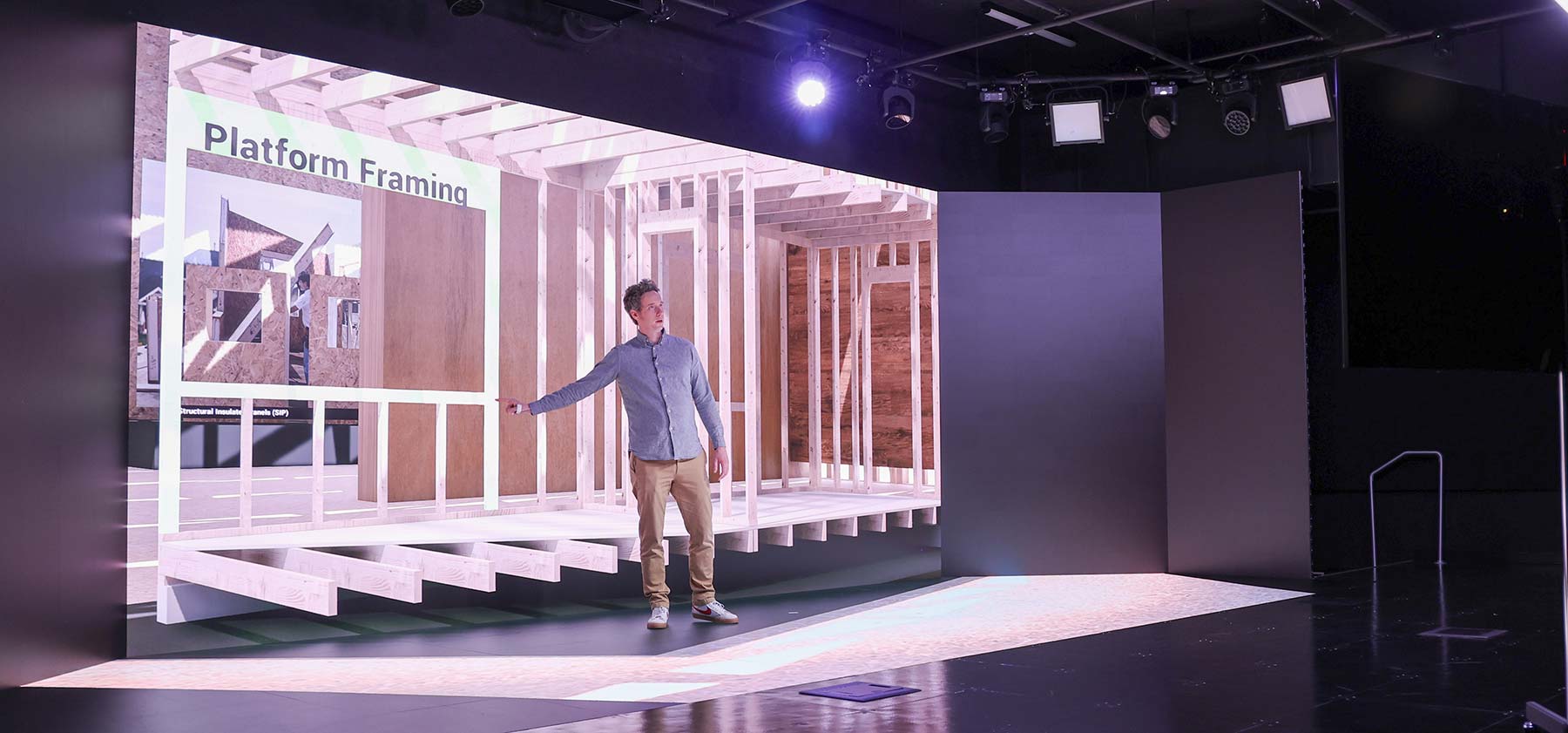Walker Published in Habitat International
Assistant Professor of Urban and Regional Planning Ana Paula Pimentel Walker’s “Self-help or public housing? Lessons from co-managed slum upgrading via participatory budget” has been published in the peer-reviewed journal Habitat International.
Walker’s article was published online on 19 March, 2016. Abstract (from ScienceDirect):
What can the Participatory Budget (PB) teach us about slum upgrading in the cities of the Global South? This article describes the process of slum upgrading via PB in Porto Alegre, Brazil. Participatory budgeting _PB is a renowned mechanism of resource allocation that transfers decision-making power over the capital expenditure portion of the municipal budget from the City Council to public assemblies. However, the impact of PB on municipal service delivery in general and housing in particular is understudied.
Ethnographic findings are based on slum upgrading process via PB in an informal settlement in the East District of Porto Alegre. Fieldwork included 16 interviews with residents who had been PB delegates, PB councilors, municipal architects, lawyers, and the social worker involved in the slum upgrading project of Vila Radiante, East District. Furthermore, analysis of district-level expenditures on public works required for slum upgrading as well as analysis of site plans informed the conclusions.
The Porto Alegre PB demonstrates that slum dwellers’ involvement in all stages of the slum upgrading process, from resource allocation to service delivery, contributed to the effective distribution of housing and basic infrastructure. Slum dwellers are a heterogeneous group with diverse housing needs. Housing via PB addresses this diversity and provides an alternative to the dichotomist debate in international planning between, on one hand, slum clearance followed by public housing projects and, on the other, the promotion of assisted self-help housing through programs of land tenure and basic infrastructure provision.
Click here to access the article.




